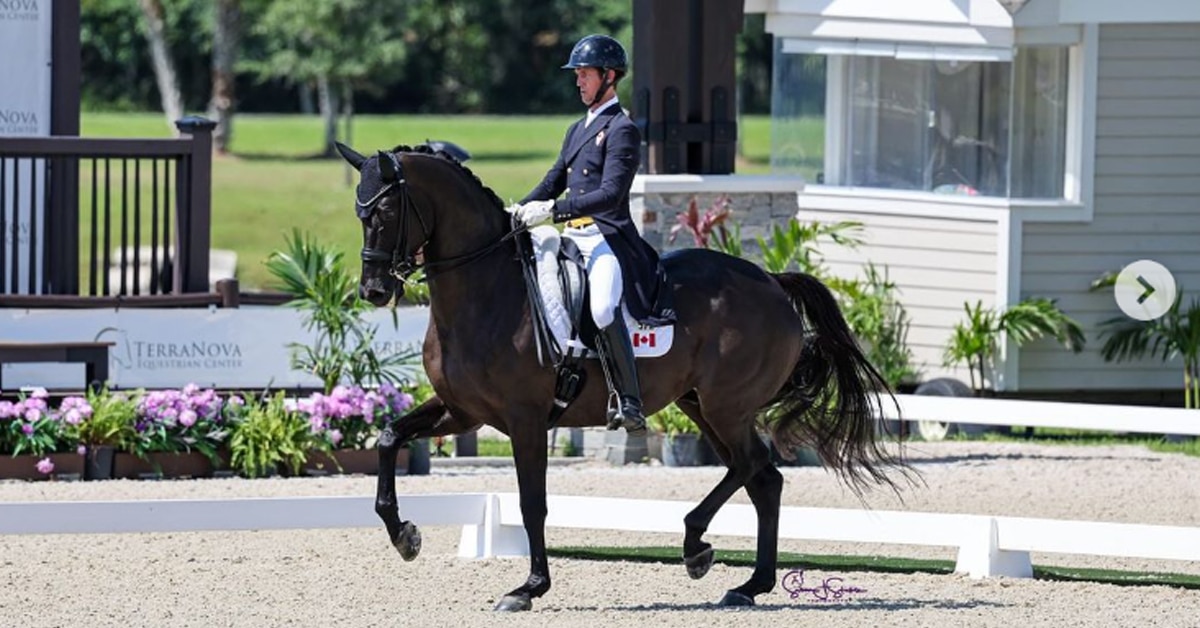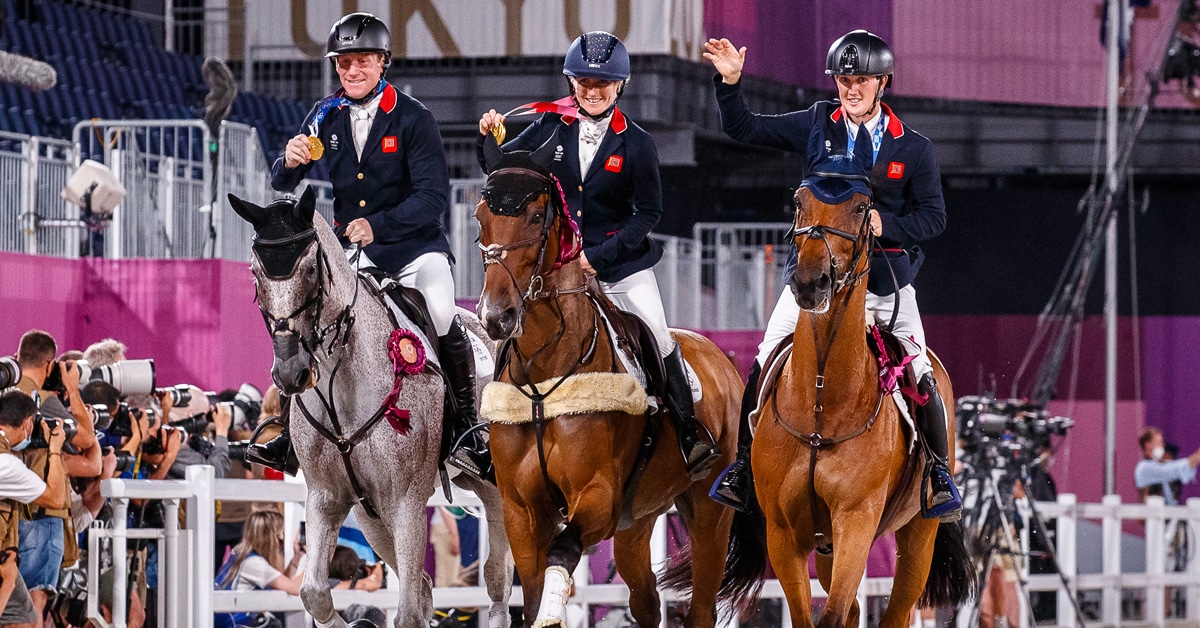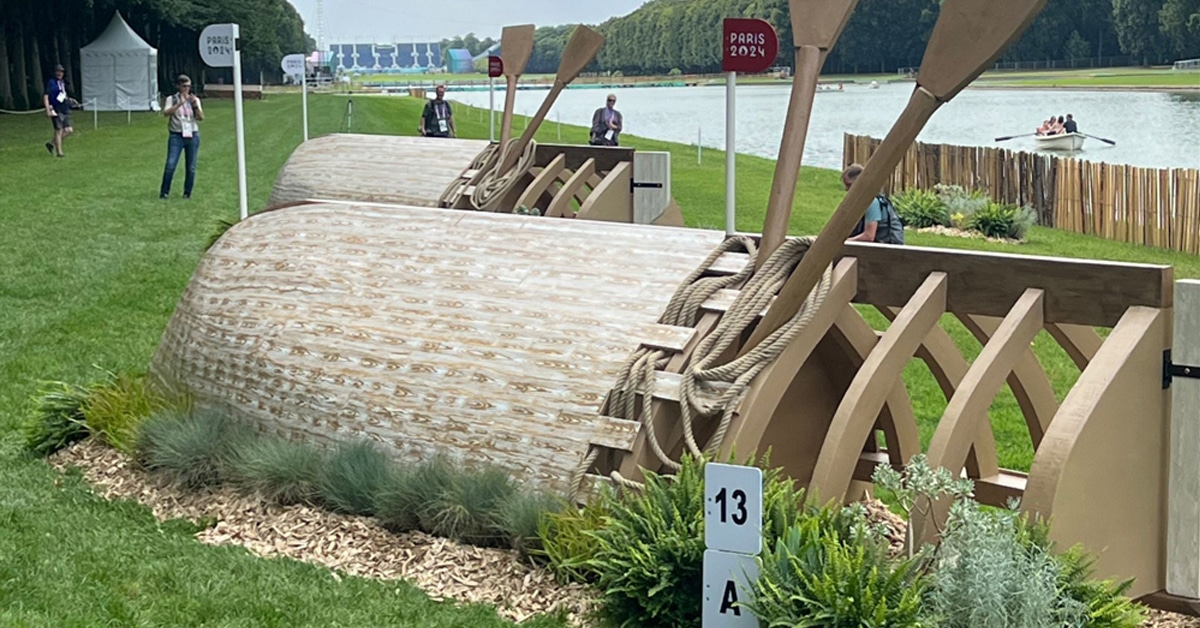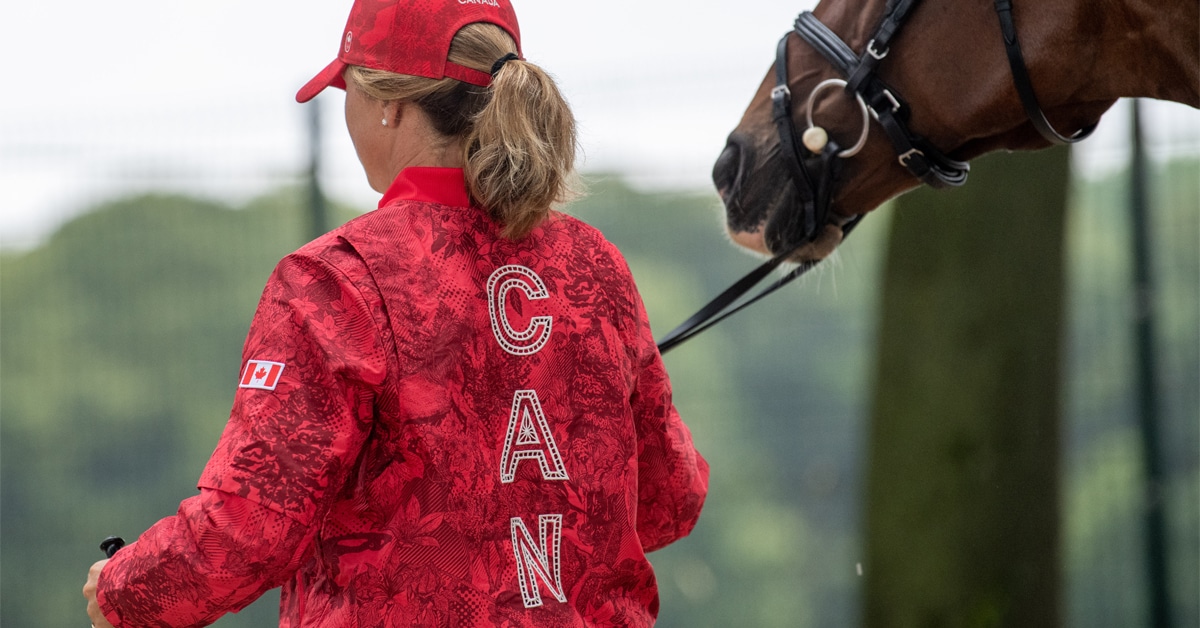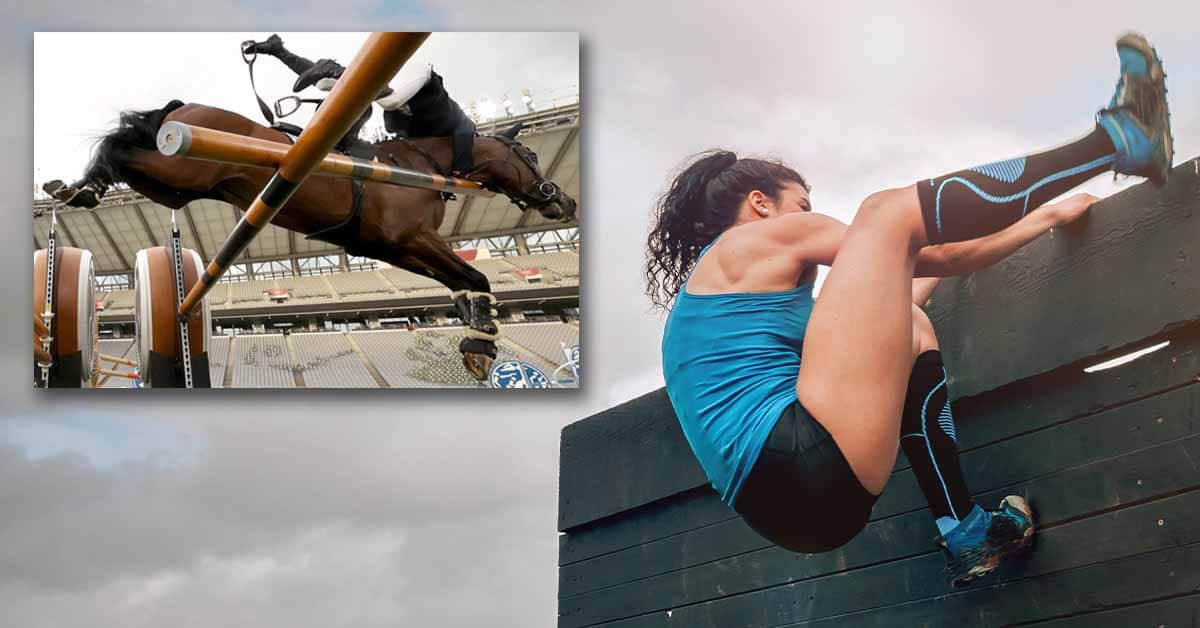Following a much-publicized and unfortunate event at the Tokyo Olympics in 2021 where modern pentathlete Annika Schleu of Germany repeatedly whipped the horse she had been assigned, Saint Boy, and her coach subsequently punched the animal, the sport’s governing body UIPM has decided to replace equestrian with obstacle course racing (OCR). A list of 62 proposals were considered, taking into account athletes’ views, medical risks, technical aspects, TV, media, and marketing opportunities. Two obstacle sport disciplines have been selected for testing this spring to replace riding.
The five originals events in the modern pentathlon — fencing, swimming, horse riding, pistol shooting, and running — were chosen to reflect skills that 19th-century cavalry soldiers needed to possess. It was introduced at the 1912 Olympic Games by Pierre de Coubertin, and many believe the equestrian portion is now outdated and irrelevant and needs to be replaced with a more popular sport that would attract more, and younger, viewers.
This announcement was met with relief for many, as concerns about horse welfare have been expressed for years, but some participants have said that they will refuse to compete if equestrian is removed. A poll by Pentathlon United, an independent athlete representative group founded following the announcement in 2021 to drop riding from the sport, found that over 95% of athletes were unhappy with the way the UIPM conducted the change, citing lack of transparency, poor communication and a dearth of athlete representation. The UIPM countered, saying that athletes had played a central role in the process, with a focus group of 26 competitors from 22 nations being consulted.
A report in the British newspaper The Guardian stated that several top pentathletes had written to the International Olympic Committee (IOC) urging them to intervene. Kate Allenby, who won bronze for Team Great Britain at the 2000 Sydney Olympics, remarked, “We’ve long suspected that the obstacle course was at the forefront of the UIPM executive board’s agenda in replacing riding. The decision to only test OCR and not any of the other apparent 60 options they considered just highlights this further. We repeat our call for the IOC to intervene.”
Australia’s 2016 Olympic modern pentathlon champion Chloe Esposito echoed that sentiment, telling The Sydney Morning Herald, “It is heartbreaking. I don’t know if I can really keep being interested in watching and following along – it won’t feel like pentathlon any more. I’ve been riding since I was 10. Young athletes have worked hard on their riding. All that goes to waste.”
On May 1st, Pentathlon United wrote to IOC president Thomas Bach calling for an investigation into the process for considering the future of the sport. It is unlikely that any reversal or even review will happen at this point, although Bach, who was in Brisbane, Australia on May 7th to tour the venues for the 2032 Games, said the IOC would wait for official confirmation from the UIPM about the new format before deciding on the final sports program for 2028. He also remarked that senior IOC officials would closely watch how any decisions about the future of the sport are being made given the anger among its athletes.
What is Obstacle Racing?
Obstacle course racing (OCR) is a timed sport in which a competitor on foot navigates various obstacles, and includes the popular Warrior, Ninja, Tough Mudder and Adventure Racing competitions. Courses may include climbing over walls or up ropes, monkey bars, carrying heavy objects, traversing bodies of water or mud, and crawling under barbed wire. The sport emerged in 1987 and has grown in popularity; more than 2,500 events are now held annually across the world.
A 5th Discipline Working Group was set up by UIPM following a presentation by Ian Adamson, president of World Obstacle (FISO), the international governing body. The working group will be adhering to IOC requirements to prepare for the Los Angeles 2028 Olympic Games.
Obstacle racing was chosen as a replacement to riding because:
- it is compatible with the roots of Modern Pentathlon
- it considerably reduces the cost and complexity associated with riding
- it enjoys universal participation and easy accessibility around the world
- it is popular among all age groups, but especially youth
- it is a dynamic and exciting sport attractive to global audiences
- training is comparatively simple and safe
FISO is hoping that the Olympic switch will be so successful that OCR will become a permanent stand-alone sport on the Olympic program.
The first OCR test will take place following the UIPM 2022 Pentathlon World Cup Final in Ankara, Turkey, in late June, where the best modern pentathletes in the world will have a chance to compete with obstacle athletes. The second format will be tested with a location to be announced before the end of May.
FISO president Ian Adamson commented on the organization’s website, “We are thrilled to be collaborating with UIPM on the new fifth discipline. Obstacles have a long history in Pentathlon, including the modern and Ancient Olympic Games, and introducing obstacle disciplines that are watched and practiced by hundreds of millions of people in over 140 countries presents many opportunities for athletes, spectators, and the global sports audience.”
Have a look at the world’s fastest 100m obstacle racing course competition in April 2022:
More from News:
